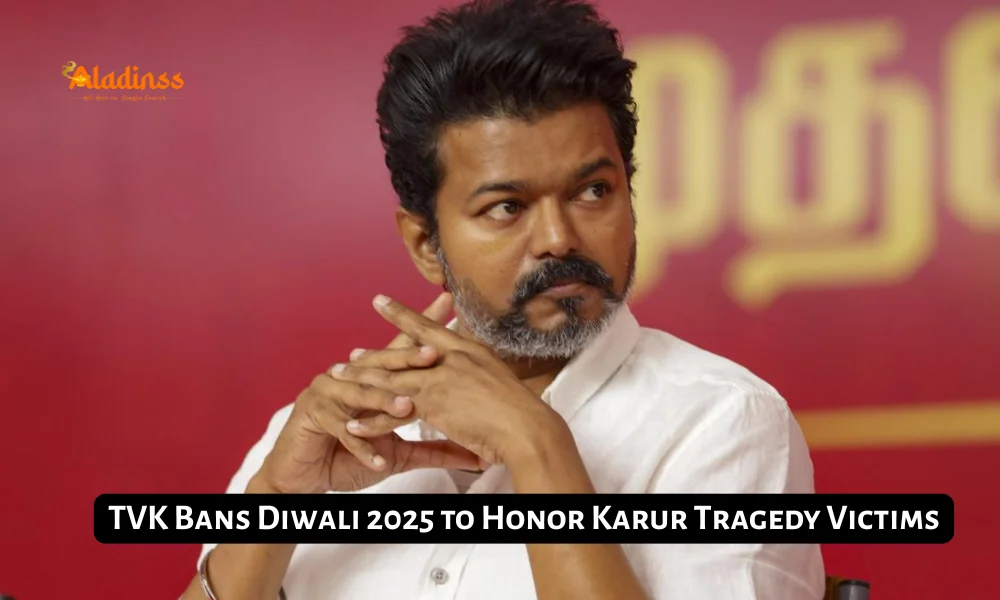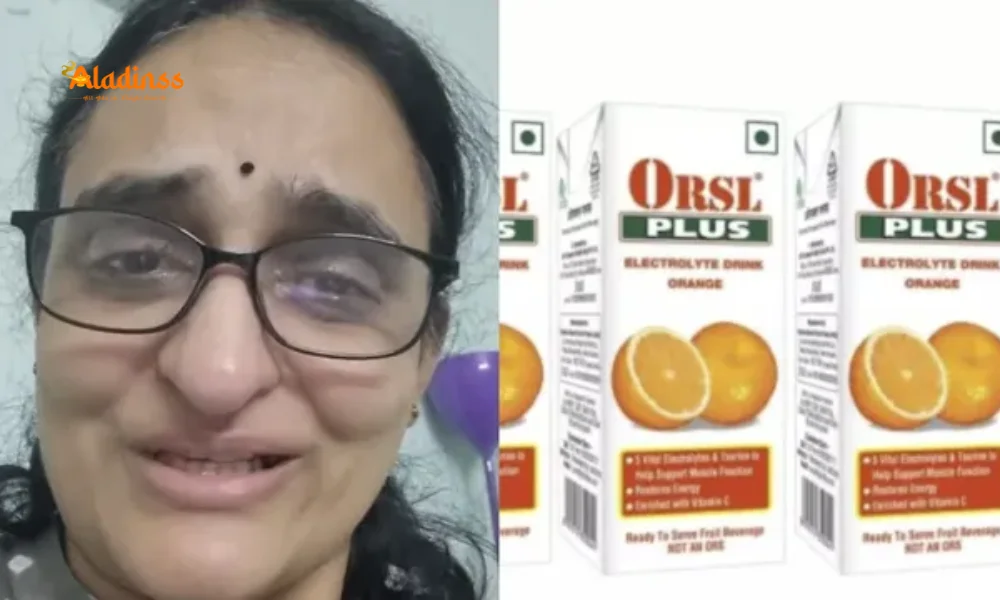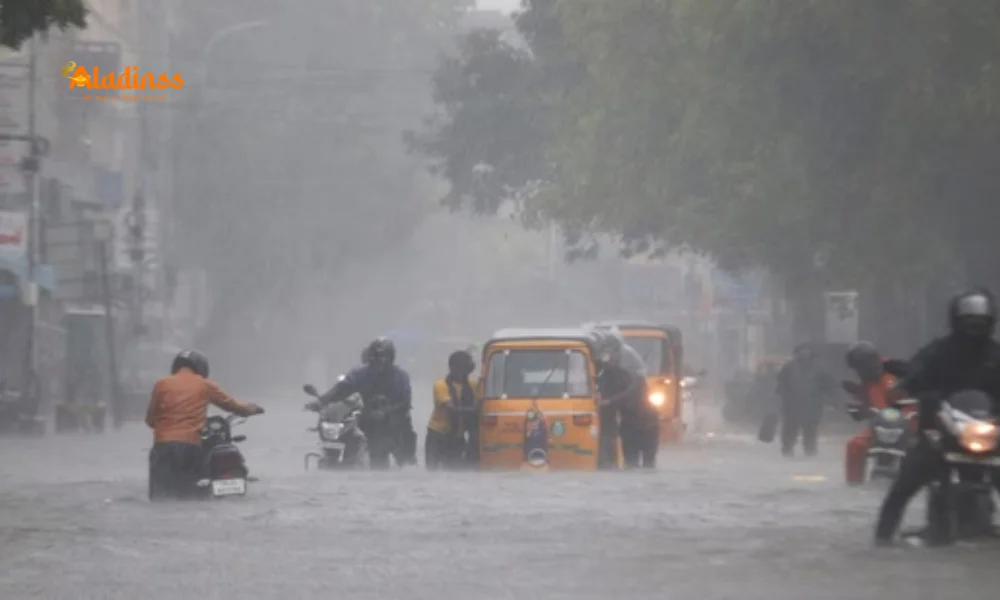Madras High Court Rejects U/A for Coolie
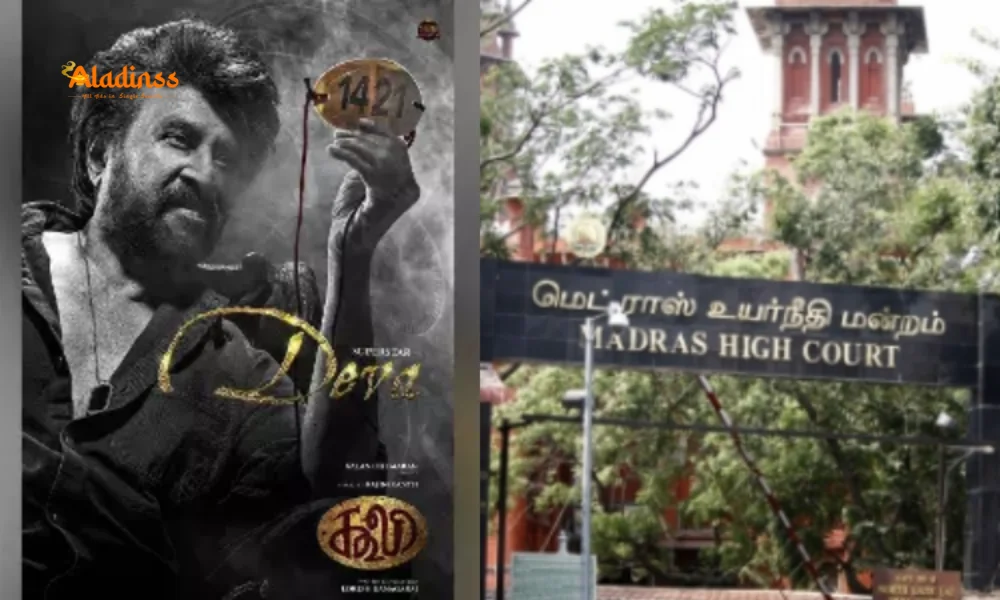
Madras High Court Dismisses for U/A Certificate for Rajinikanth’s Coolie
In a significant development for the Tamil film industry, the Madras High Court has dismissed a petition filed by Sun TV Network Limited seeking a U/A certificate for the Rajinikanth-starrer Coolie. The case, heard before Justice T.V. Thamilselvi, challenged the Central Board of Film Certification’s (CBFC) decision to grant an ‘A’ (adults only) certificate to the film, which restricts viewership to those above 18 years. The dismissal, announced on August 28, 2025, has sparked discussions about film certification processes and their impact on audience accessibility, particularly for a mass entertainer like Coolie, which was released to celebrate Rajinikanth’s 50 years in cinema. This article explores the court’s ruling, the arguments presented, and the broader implications for the film industry.
Directed by Lokesh Kanagaraj, Coolie is an action-packed drama featuring a star-studded cast, including Rajinikanth, Nagarjuna, Aamir Khan, and others. Released on August 14, 2025, the film has achieved massive commercial success, grossing over ₹400 crore worldwide in its first week. However, the ‘A’ certificate has limited its audience reach, particularly among younger fans, prompting Sun TV Network to appeal for a U/A rating, which allows viewers under 18 with parental guidance. The court’s decision to uphold the CBFC’s ruling has raised questions about the consistency of certification standards and the challenges faced by filmmakers in balancing creative expression with audience accessibility.
Background of the Case
The controversy surrounding Coolie’s certification began when Sun TV Network applied for CBFC certification on July 28, 2025. On July 31, the CBFC’s examining committee, comprising one officer and four independent members, unanimously recommended an ‘A’ certificate, citing the film’s frequent and intense violent scenes, gruesome killings, and occasional use of smoking, drinking, and bad language. Sun TV requested a review by the revising committee, which included one CBFC officer and nine members from diverse backgrounds. On August 4, the revising committee also unanimously upheld the ‘A’ rating, informing the filmmakers that additional cuts would be required for a U/A certificate.
Faced with a tight release schedule, Sun TV Network accepted the ‘A’ certificate to ensure the film’s theatrical release on August 14, 2025, as thousands of screens had already been booked worldwide. However, on August 18, the production house filed a civil miscellaneous appeal under Section 5 of the Cinematograph Act, 1957, arguing that the ‘A’ rating was unfair and restrictive, especially given Rajinikanth’s massive fanbase across all age groups. The appeal was heard by Justice T.V. Thamilselvi, who reserved her verdict on August 25 before dismissing the plea on August 28, stating it lacked merit.
Arguments Presented by Sun TV Network
Represented by Senior Advocate J. Ravindran, Sun TV Network argued that the CBFC’s decision to grant an ‘A’ certificate was arbitrary and discriminatory. The production house emphasized that Coolie was produced to celebrate Rajinikanth’s 50-year cinematic legacy, making it a family-oriented film intended for a broad audience. Ravindran contended that Tamil cinema inherently features action sequences, and Coolie’s violence was not excessive compared to other films like KGF and Beast, which received U/A certificates despite showcasing greater violence. He argued that the film’s portrayal of violence was integral to its narrative, depicting the life of a coolie, and did not glorify it.
Sun TV further highlighted that they had complied with CBFC guidelines by removing objectionable language and blurring alcohol-related scenes. The production house noted that Coolie was being watched by children in countries with stricter censorship laws, suggesting that the CBFC’s standards were inconsistent. Ravindran argued that the ‘A’ certificate unfairly restricted Rajinikanth’s younger fans, depriving them of celebrating his milestone and impacting the film’s box-office potential, as families constitute a significant portion of the audience for such mass entertainers.
CBFC’s Defense and Court’s Rationale
The CBFC, represented by Additional Solicitor General A.R.L. Sundaresan, robustly defended its decision to grant an ‘A’ certificate. Sundaresan outlined the certification process, explaining that Coolie was first reviewed by the examining committee, which included a CBFC officer and four randomly selected members from a 200-member panel representing diverse societal sections. The committee unanimously found the film’s violent content unsuitable for viewers under 18. The revising committee, comprising nine members and a CBFC officer, conducted a detailed review and reached the same conclusion, citing frequent and extensive violence, strong threatening moments, and sustained portrayal of smoking and drinking.
Sundaresan argued that the filmmakers were offered a U/A certificate on the condition of making additional cuts to reduce the violence, but Sun TV Network refused, opting to accept the ‘A’ certificate to meet the release deadline. He contended that the production house’s appeal was an afterthought, as they approached the court only after releasing the film on August 14, despite receiving the ‘A’ certificate on August 4. The CBFC emphasized that the unanimous decisions of both committees reflected a public interest perspective, prioritizing the protection of younger audiences from violent content. Justice Thamilselvi, in dismissing the plea, agreed that the appeal lacked merit, upholding the CBFC’s authority under Section 5B(2) of the Cinematograph Act to issue certifications based on public viewing standards.
Implications for Coolie and Its Audience
The Madras High Court’s ruling has significant implications for Coolie’s theatrical run and its audience reach. The ‘A’ certificate restricts viewership to those above 18, potentially limiting the film’s appeal among younger fans, a key demographic for Rajinikanth’s films. Multiplex chains like PVR INOX and AGS Cinemas have enforced strict age verification, further reducing accessibility. This is particularly notable as Coolie marks the first Rajinikanth film in over three decades to receive an ‘A’ certificate, the last being Siva in 1989, making it a rare occurrence for a star known for family-friendly blockbusters.
Despite the certification row, Coolie has performed exceptionally at the box office, grossing over ₹460 crore worldwide by its second weekend. The film’s success is attributed to its pan-India cast, high-octane action, and Rajinikanth’s enduring star power. However, the ‘A’ rating has sparked disappointment among fans, with many expressing frustration on social media about the inability to watch the film with their families. The controversy has also fueled discussions about the CBFC’s certification process, with some arguing that the board’s guidelines need clearer definitions of what constitutes excessive violence to ensure consistency across films.
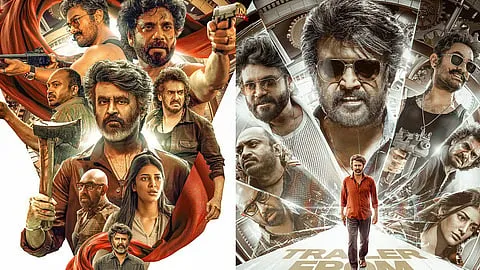
Broader Context: Film Certification in India
The Coolie case highlights ongoing challenges in India’s film certification process, governed by the Cinematograph Act, 1952, and the Cinematograph (Certification) Rules, 1983. The CBFC’s role is to ensure that films are suitable for public exhibition, balancing creative freedom with societal sensitivities. The ‘A’ certificate, intended for adult audiences, is typically assigned to films with explicit content, excessive violence, or themes unsuitable for younger viewers. In contrast, a U/A certificate allows broader access with parental guidance, making it a preferred choice for commercial films targeting families.
Sun TV Network’s appeal cited films like KGF and Beast, which received U/A certificates despite intense action sequences, to argue that Coolie was unfairly singled out. Critics of the CBFC have long pointed to inconsistencies in certification, where similar content is treated differently across films. For instance, KGF’s violent sequences and Beast’s action-heavy narrative were deemed suitable for U/A ratings, raising questions about the subjective nature of the CBFC’s evaluations. The dissolution of the Film Certification Appellate Tribunal under the Tribunal Reforms Act, 2021, has further complicated the appeals process, forcing filmmakers to seek judicial recourse, as seen in this case.
Impact on the Tamil Film Industry
The dismissal of the Coolie plea underscores the challenges faced by the Tamil film industry in navigating certification hurdles, particularly for action-oriented films. Tamil cinema, known for its larger-than-life narratives and high-octane sequences, often treads a fine line between creative expression and CBFC guidelines. The Coolie controversy has reignited debates about the need for updated certification criteria that reflect contemporary audience sensibilities while protecting younger viewers. Industry stakeholders argue that inconsistent ratings can impact box-office performance, as family audiences are a key revenue driver for Tamil blockbusters.
For Rajinikanth, whose films typically enjoy a universal appeal, the ‘A’ certificate represents a rare restriction. His previous films, such as Jailer (U/A) and Sivaji (U), catered to a broad audience, making Coolie’s certification an anomaly. The film’s narrative, centered on a former smuggler investigating a friend’s death, aligns with Lokesh Kanagaraj’s signature style of intense action and complex plots. While the ‘A’ rating has not significantly dented its commercial success, it has sparked discussions about how certification decisions affect a film’s cultural and financial impact.
What’s Next for Coolie?
With the Madras High Court upholding the ‘A’ certificate, Sun TV Network faces a choice: continue the theatrical run with the existing rating or make the suggested cuts to reapply for a U/A certificate. The latter option would require editing out significant portions of the film, potentially altering its narrative integrity and audience experience. Given Coolie’s strong box-office performance, the production house may opt to maintain the status quo, focusing on digital releases or international markets where certification rules differ.
The ruling also sets a precedent for future certification disputes, emphasizing the CBFC’s authority and the importance of timely appeals. Filmmakers may need to engage more proactively with the CBFC during the certification process to avoid last-minute challenges. For fans, the focus remains on enjoying Coolie’s cinematic spectacle, with many praising Rajinikanth’s performance and Lokesh Kanagaraj’s direction, despite the certification controversy.
Comment / Reply From
No comments yet. Be the first to comment!

